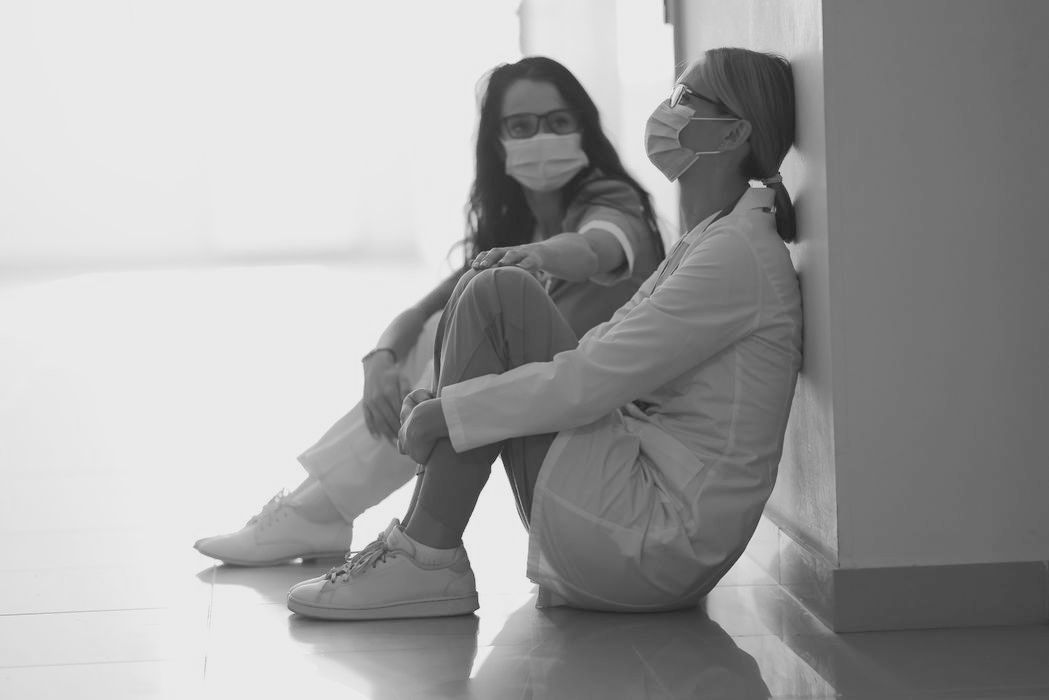Health systems are continuing to merge together at an accelerating pace. However, successfully capitalizing on the intended outcomes of mergers and acquisitions (M&As) has proven to be no easy task. For newly formed health systems, the failure rate of integration has been estimated at 70% - 90%. Health systems with poor integration of physician services and lack of alignment between executives and physicians tend to experience poor financial performance, higher costs, and lower quality of care.
Leadership Academies: A Human-Centric Approach to Health System Integration
by The Leadership Development Group posted in Leadership Development, Diversity and Inclusion, Clinician Leadership Development
Top 4 Criteria to Look For in an Executive Coaching Firm
by The Leadership Development Group posted in Leadership Development, Executive Coaching, Clinician Leadership Development, Providers
Executive coaching is an essential talent development lever that contributes to the success of organizations, especially those in the healthcare industry which faces unprecedented challenges today. According to the Human Resource Executive, healthcare leaders’ top priorities in 2022 are employee wellbeing, leadership development, and overall employee experience. Due to the stressors of the pandemic, healthcare leaders spanning all sectors are experiencing increased feelings of burnout and declining mental health.
Physician and Nurse Burnout: The Signs to Watch Out For & How to Reduce It
by The Leadership Development Group posted in Leadership Development, Executive Coaching, Clinician Leadership Development, Providers
Physician and nurse burnout is a severe issue that’s been plaguing the healthcare industry for years. Recognized by the World Health Organization as a syndrome resulting from chronic distress, physician and nurse burnout is a serious occupational phenomenon that has been accelerated and intensified by the COVID-19 pandemic.
The Power of Leadership Development as an Antidote to Burnout in the Healthcare Industry
by The Leadership Development Group posted in Leadership Development, Clinician Leadership Development, Providers
Leadership development training for leaders in healthcare is crucial to accelerate individual, team, and business performance. During these tumultuous times, effective leadership supports the well-being and morale of teams and patients. In fact, ensuring that healthcare leaders are equipped with the right skills and mindset to be in a position of positive influence is at the forefront of many healthcare organizations’ priorities. Consequently, 52% of these organizations are currently naming physician and leader alignment as their top investment priority. Yet the same Huron survey shows that 21% of respondents report not having a leadership strategy in place.
Developing Great Physician Leaders in 2021 and Beyond
by The Leadership Development Group posted in Leadership Development, Clinician Leadership Development, Providers
As we enter the third wave of COVID-19, we are once again facing an uncertain future for leaders at all levels. One thing, though, is certain and that is the enormous impact of the pandemic on physician leaders. Physician leadership, which has always played a role in the alignment between hospital administration, medical staff, and the communities served, has become increasingly important as hospitals and health systems around the country embark on or continue efforts to strategically integrate with physicians. However, developing physician leaders can be a difficult undertaking. As we knew, before COVID-19, the skills that make a physician a fabulous doctor, don't necessarily correlate with being a successful leader.
The challenges resulting from the pandemic have overwhelmed even the most skilled and experienced leaders, whether they are physicians or not. The challenges demand navigating volatile, uncertain, complex and ambiguous conditions — a situation often referred to as VUCA. Physician leaders today need to shift constantly and decide in an instant with limited data — to be agile and adaptive.
5 Tips to Enhance Collaboration in Healthcare Teams
by The Leadership Development Group posted in Leadership Development, Clinician Leadership Development
Collaboration in healthcare teams is becoming the “go-to” strategy for solving some of the thorniest problems facing the industry. While critical to success, collaboration is no easy task. Clinical care and medical research have become more complex and specialized, requiring multi-disciplinary teams to come together often from multiple organizations. Healthcare systems, biotechnology, and pharmaceutical companies, and health technology start-ups are forming, merging, and/or being acquired at an increased pace. Because of this, administrative, clinical, and executive teams are being tasked with collaborating in new and different ways.
Last November, three professional healthcare associations co-wrote and published an open letter to the American public. In the letter, the AHA, the ANA and AMA pleaded with us to follow recommended COVID-19 infection control protocols. Back then, eight months into our pandemic, the associations expressed what many of us across the health ecosystem felt and feel: “We are all weary,” they wrote.

.jpeg)



.jpeg)


